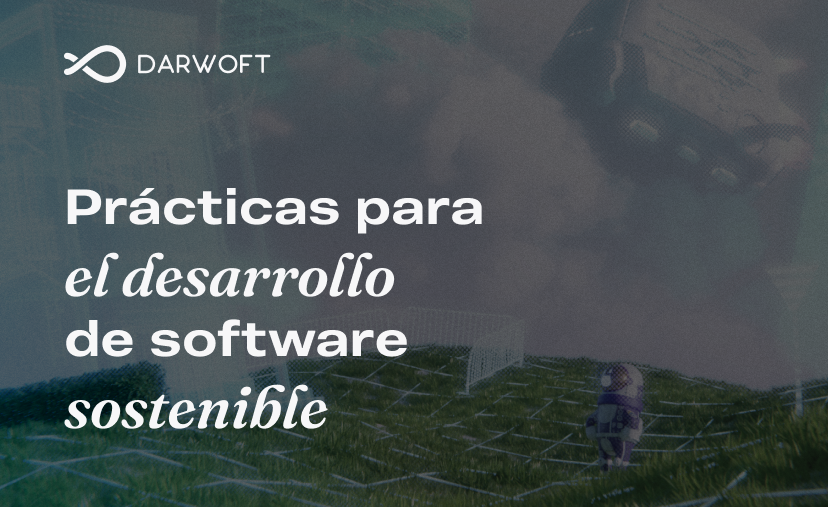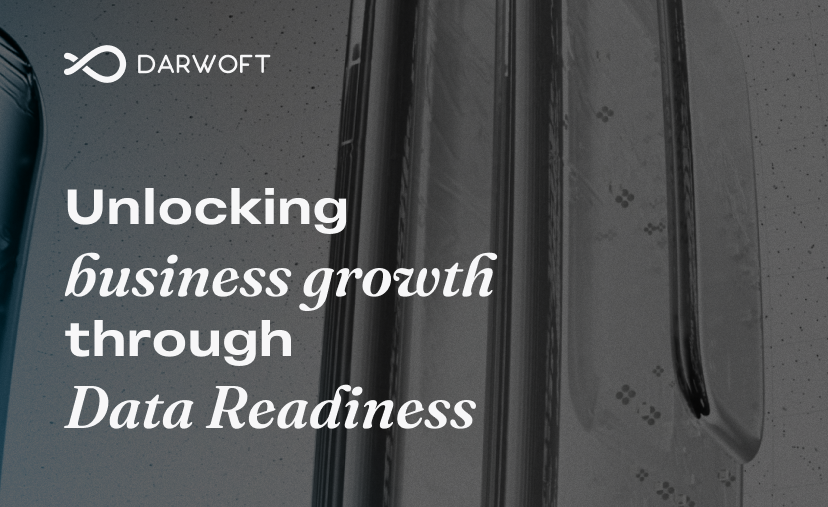As 2024 gets underway, here’s what we see as three of the hottest tech trends. And how some PNW entrepreneurs are capitalizing on them with innovation that’s right in tune with the region’s character and needs.
1. AI is becoming ubiquitous. And more local.
AI is powering everything from app development to shopping lists, from recommendation engines to AI-powered robots built with Oregon tech. “What we’re seeing now is generative AI being applied to not just big enterprise and R&D projects but micro challenges and opportunities in the Pacific NW,” says Darwoft’s Managing Partner Ned Hayes. “There’s AI activity across so many verticals, including foodtech, agtech, healthtech, fintech and much more.”
- AI Agtech: Think precision fermentation using AI, to capitalize on the region’s growing vegan and fermented food fanbases. Vancouver, BC precision ag company Terramera is using novel sensing, AI-powered signal processing and machine learning for more affordable and accurate lab-grade soil analysis.
- AI Healthcare: Portland-based Rewire AI is using generative AI to analyze healthcare information for faster diagnosis and treatment, accelerating healthcare outcomes. Other companies in the Pacific Northwest, like Skypoint, are using advanced AI to improve patient outcomes within specific verticals, like elder care.
- AI Assistants: The promise of personal assistants has been in the air since before Apple’s debut of Siri in 2011 and Amazon’s launch of Alexa in 2014. And who could forget shortlived office assistant Clippy, launched in 1996 and mercy killed by Microsoft in 2008? Today, new and better entrants like Sixty.AI incorporate personalized AI engines.
- AI FinTech: Portland fintech innovator Tyfone aims to lead in the omnichannel banking future, leveraging everything from generative AI to augmented reality to virtual branches. Local fintech startup Sila also continues to advance as a provider of banking and payment infrastructure-as-a-service. They recently announced a partnership that promises to improve security, compliance, ACH payments, custodial wallets, and other digital finance services for fintech and cryptocurrency clients.
Our team of data engineers, data analysts, and data scientists has the skill to surf this AI wave and find the real value in the noise. We’ve built key training models and algorithms that underpin AI-assisted decision-making and machine learning projects, like our work developing a new social media listening platform.
2. VR/AR/MR’s second wind
We’re also bullish on mixing virtual and digital experiences as Apple, Google, Meta, Microsoft and Pac NW entrepreneurs continue their significant investments in supporting technologies. Although Meta’s launch of their world has (thus far) failed to take the world by storm, the so-called Metaverse is pivoting gradually towards a mixed reality model to monetize the liminal space between virtual and physical. Companies are already competing to brand this space – Google calls it “augmented reality (AR)”, while Apple has stuck with “mixed reality.”
Regardless of what you call this new type of spatial computing, the Apple Vision Pro headset is expected to drive a wealth of innovative new apps and use cases.
- 3D Models for work: Apple has already encouraged us to imagine remote teams working together on 3D models and simulations in the manufacturing, field service, medical, and industrial sectors with their Vision OS developer kit.
- 3D Environments: Microsoft Mesh is also delivering multi-device spatial experiences – but these are delivered as immersive spaces in Teams meetings, with the option for developers to create their own custom 3D experiences.
- AR Tourism: VR/AR/MR apps have been used by several firms to showcase events and places, like AR guides that highlight specific exhibitions and shows. For one example, see what’s possible with this grand exhibit tour that demonstrates the potential of augmented experiences.
Our team is well down the path of building these types of new spatial applications. For the Evita Fine Arts Museum, the Darwoft team developed a completely immersive museum tour experience – just a taste of what is yet to come in AR!
3. Blockchain meets ethical consumerism meets green tech
Blockchain is a lot bigger than Bitcoin. While blockchain has hit some significant a snags in creating legal currency alternatives in the crypto market, it’s worth keeping in mind that the underlying distributed ledger technology (DLT) still has the potential to significantly transform transparency, traceability and sustainability in sourcing—and add value in other business use cases. With the work of local Pacific Northwest startups, you can adopt blockchain-based tech for logistics, ERP systems and just-in-time manufacturing, gaining significant advantages in terms of traceability and legal protection for your supply chain. (And no Doge coins are needed!) Here are some examples of Pac NW ledger-based tech:
- Ledger Finance: ZenLedger, based in Seattle, delivers a blockchain tracking technology that is used by a variety of larger clients to understand payment structures and track recurring payments. Clients include the IRS.
- Ledger Ecosystem Dev Tools: ArcBlock, founded by Robert Mao, who previously worked for Microsoft Research, promises a ledger-based ecosystem of tools and aims to create a new Web 3.0 based on blockchain-related tech.
- Ledger Carbon Removal Tracking: Toyota-funded Nori is creating a complete carbon removal and trading marketplace, an idea that was popularized in Kim Stanley Robinson’s prescient novel Ministry of the Future.
- Ledger Tracking Assets: Cascadia-based Transparent Path is using the ledger to help consumers to track their food from source to store.
The practical emphasis of so many of these companies aligns well with PNW business leaders, who crave tech solutions that let them align their businesses with their values. Darwoft’s expertise in blockchain extends beyond cryptocurrency into logistics and manufacturing and we’re proud to have been of service in expanding how blockchain is used throughout the industry.
What Pac Northwest tech trends are in your sights?
There are other equally big PNW tech growth opportunities beyond the above short list: cleantech, chiplets, cyber security, quantum computing, etc. And work itself is changing.
Just to cite one example, work isn’t necessarily done at work any more. Companies like the Pac NW’s own Radious has turned office space on its head – delivering the next phase of hybrid work, by offering employees remote work flexibility and allowing companies to pay on a fractional basis for meeting space.
That’s one new and emerging trend we’ve observed: what trends have you seen?
Let us know at info@darwoft.com
Check out our weekly “DARE to Dream” podcast to hear more about emerging trends and hear the stories of local Pacific Northwest startup leaders. The team that sponsors this startup-focused show at Darwoft is composed of software development and engineering professionals standing by to meet your needs, on demand.
To find out more, contact our Managing Partner for the Pacific Northwest, Ned Hayes (ned.hayes@darwoft.io / 206-321-7981 - Seattle, Portland and beyond)





